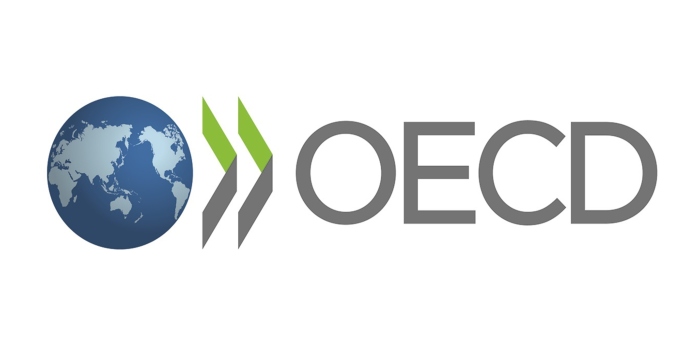
27/10/2021 – Almost half of all energy-related CO2 emissions in G20 economies are now covered by a carbon price, as several countries introduced or extended carbon taxes or emissions trading systems in the last few years.
More needs to be done using the full range of policy tools, if countries are to match their long-term climate ambitions with outcomes, according to a new OECD report.
Carbon Pricing in Times of COVID-19: What has changed in G20 economies? finds that G20 economies priced 49% of CO2 emissions from energy use in 2021, up from 37% in 2018.
The increase was driven by new emissions trading systems (ETS) in Canada, China and Germany, new carbon levies in Canada, and a new carbon tax in South Africa, as well as Mexico’s introduction of carbon taxes at the subnational level.
“G20 economies are lifting their ambition and efforts, including through the explicit and implicit pricing of carbon emissions. However, progress remains uneven across countries and sectors and is not well enough coordinated globally. We need a globally more coherent approach which enables countries to lift their ambition and effort to the level required to meet global net zero by 2050, with every country carrying an appropriate and fair share of the burden while avoiding carbon leakage and trade distortions,” OECD Secretary-General Mathias Cormann said. “Carbon prices and equivalent measures need to become significantly more stringent, and globally better coordinated, to properly reflect the cost of emissions to the planet and put us on the path to genuinely meet the Paris Agreement climate goals.”
G20 economies account for around 80% of global greenhouse gas emissions with energy-related CO2 emissions making up around 80% of total G20 GHG emissions.
The share of emissions covered by carbon prices varies substantially across G20 economies with Korea in the lead at 97% of emissions priced. G20 emissions pricing is highest in road transport (where 94% of emissions are covered by fuel excise taxes) and electricity (64% of emissions priced) and lowest in industry (24%) and buildings (21%). Recent changes have been concentrated in the electricity sector.
Recent progress has been driven by “explicit” carbon pricing which uses carbon taxes and emissions trading systems to raise the cost of carbon-intensive fuels, thus encouraging firms and households to make more climate-friendly choices. This also generates revenue that can be used to provide targeted support to improve energy access and affordability, enhance social safety nets, or invest in low-carbon infrastructure. Explicit carbon prices also offer an incentive for investment in clean technologies.
In all, 12 G20 economies now have explicit carbon pricing instruments in place or participate in the EU ETS. Explicit carbon prices in the G20 have risen to an average of EUR 4 per tonne of CO2, with ETS prices at EUR 3 versus EUR 1 in 2018 as carbon prices in the EU’s ETS quadrupled. On the other hand, average carbon taxes across the G20 remain below EUR 1 per tonne.
The report also calculates an average “effective carbon rate” – the sum of explicit carbon prices and fuel excise taxes – for G20 economies and finds it has increased by around EUR 2 since 2018 to EUR 19 per tonne of CO2.
To access the report and country notes, visit https://oe.cd/carbonpricing-g20.
Register to attend a virtual presentation of the report on Wednesday 3 November during COP26, when Mr Saint-Amans will discuss key findings alongside WRI Vice President for Climate Helen Mountford.
For further information, journalists are invited to contact Catherine Bremer in the OECD Media Office (+33 1 45 24 80 97).
Working with over 100 countries, the OECD is a global policy forum that promotes policies to preserve individual liberty and improve the economic and social well-being of people around the world.
<!–
| Full Name | |
| Email Address | |
| Comment |
|
–>
by :
Source link
